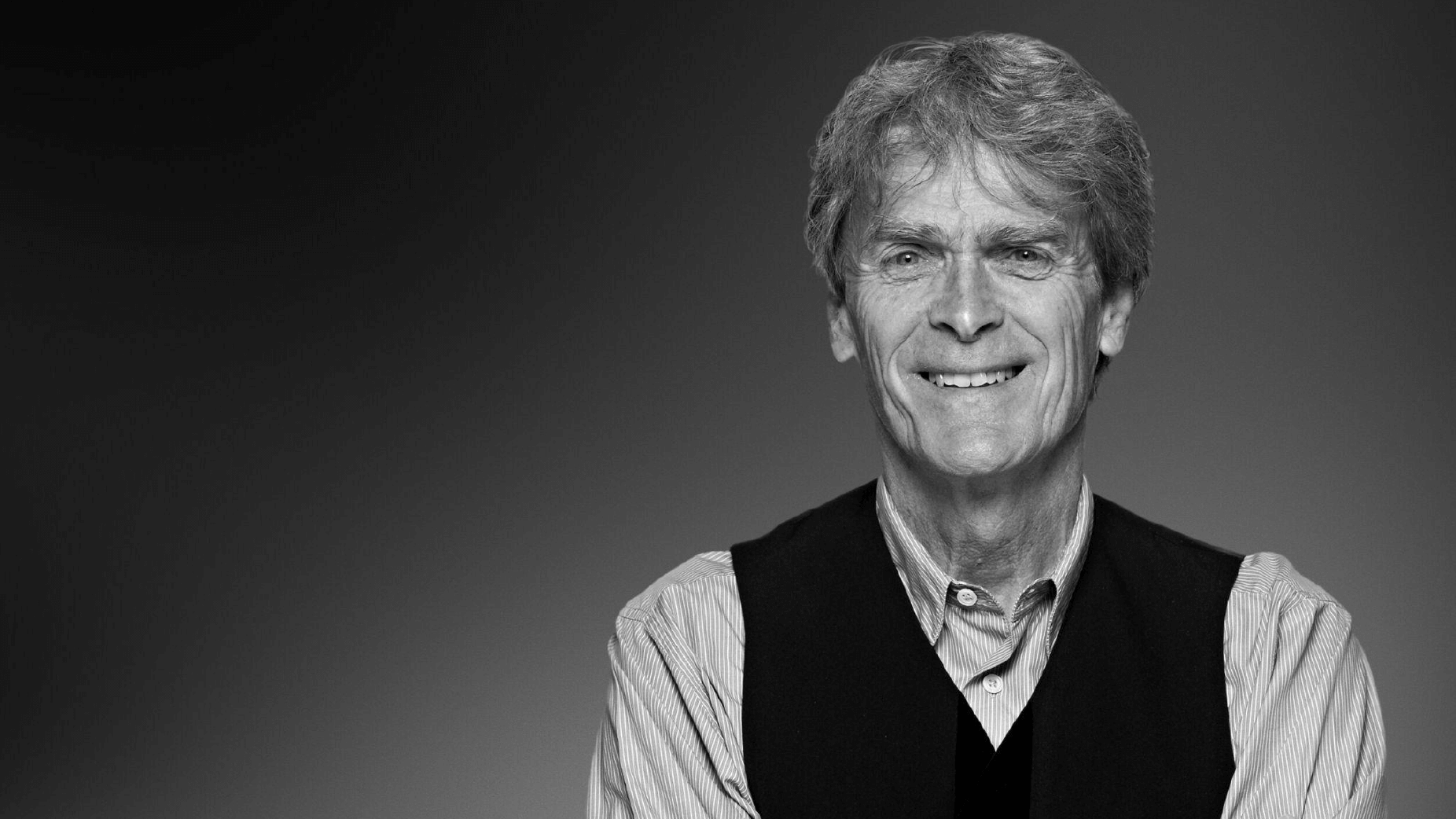By Zion Rufus
The landscape of advertising is facing a profound shift as the climate crisis looms larger, urging industry leaders to reconsider creativity not just as a marketing tool but as a force for sustainability.
Sir John Hegarty, a luminary in the advertising world, recently shared his insights on this crucial transformation as he advocated for a paradigm shift in creativity, charging the industry to redefine itself as a green entity.
In a thought-provoking opinion piece for WARC, Hegarty delved into the challenges faced by the advertising and marketing sector, likening its current state to fast fashion – a relentless production of disposable content and mediocre ideas at the expense of the planet, people, and the industry’s efficacy.
“The advertising and marketing industry are in crisis. And I don’t use that word lightly,” Hegarty stated, pointing to a decline in appreciation, effectiveness, and, at times, public revulsion toward the industry.
Noting that the past three decades have witnessed a profound disruption caused by social media companies, convincing clients that traditional broadcast advertising is wasteful, he said “Why waste money on appealing to people who will never buy your product? The ‘eliminate waste’ mantra has powered their sales messages, and increased advertising clutter. Smart advertisers know a brand is made not just by those who buy it, but also by those who know about it. Nonetheless, most have been seduced by more data, powered by algorithms.”
Speaking further, Hegarty challenged the industry’s over-reliance on algorithms, emphasizing that persuasion and promotion are vital components of any communication strategy.
According to Hegarty, without creativity, data is merely a tool that falls short of delivering true effectiveness.
“Data has always been important, and targeted messaging can be wonderful. But only if it has been accompanied by persuasion. Persuasion and promotion are two vital parts of any communication strategy. One without the other will fail to be truly effective. Data without creativity it’s just a tool, it doesn’t work,” he said.
“The deepening crisis in advertising is bound up in its decreasing effectiveness. Despite the claims of social media companies, the ad click through rate globally stands at about 1.3%. And probably dropping as smartphone owners increasingly opt out of ad messages.”
The fast-paced nature of digital advertising, with its focus on click-through rates, truly has unintended consequences for the environment as Hegarty went on to draw our attention to the real resources consumed by online advertising, contributing significantly to the overall energy consumption of the internet.
“If companies are genuinely concerned by their carbon footprint, then that concern should also extend to their advertising,” he urged.
Proposing a paradigm shift, and positioning creativity as a green industry that not only enhances effectiveness but also reduces energy consumption, Hegarty referenced Ad Net Zero, a framework aiming to halve greenhouse gas emissions in the advertising industry by 2030, achieving net-zero emissions by 2050. While the framework outlines five strategies to reduce the industry’s carbon footprint, he suggested adding a sixth action point: creativity.
“I really don’t believe that in today’s world an industry can succeed long-term without some moral agenda, without a belief that it is helping solve the world’s problems,” Hegarty asserted. By reframing the industry’s task as aiding clients in reducing their carbon footprint, the advertising sector can not only do better for the planet but also attract young talent invested in working for a relevant and morally conscious industry.






Comment
No comments found.